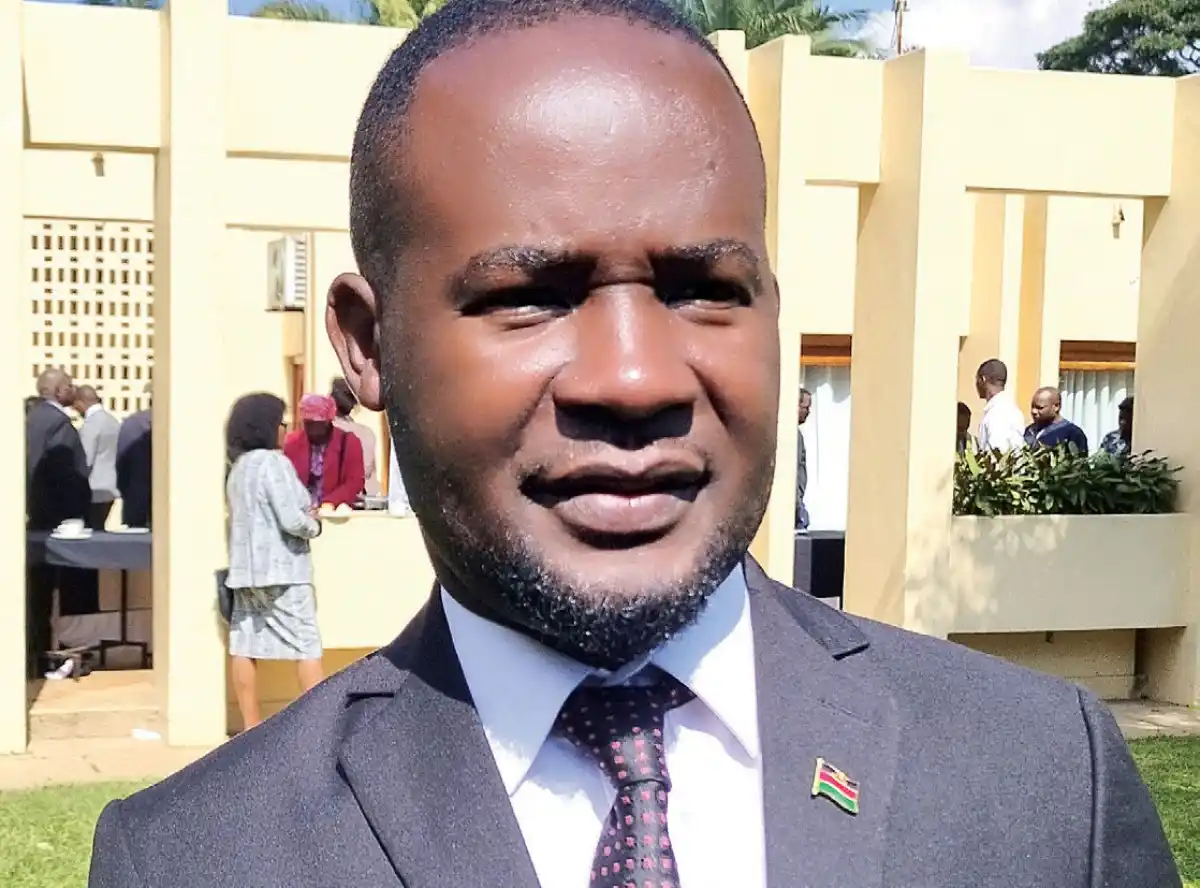
By Benadetta Chiwanda Mia:
Trade and Industry Minister Sosten Gwengwe has challenged local manufacturers to enhance import substitution efforts in a quest to contain the country’s widening trade deficit.
This follows revelations that Malawi’s trade deficit reached -$1.9 billion (about K3.3 trillion) between January and October 2024.
Gwengwe said this when he toured manufacturing companies in Blantyre on Tuesday.
He acknowledged the need for suitable financing and regulatory support to enable local enterprises to thrive and offset the costly reliance on imports.
“Currently, Malawi faces a significant challenge as our import bill heavily outweighs our export revenues, with fuel and fertiliser making up a substantial portion of imports.
“To reduce this deficit and improve the availability of foreign exchange, we need to bolster local businesses. The less we import, the more foreign exchange can be allocated for other essential needs,” Gwengwe said.
One of the facilities he toured was an organic fertiliser plant under construction by the Rural Development Investment Initiative Trust (Rudevit).
Rudevit Board Chairperson Hastings Bofomo Nyirenda pointed out that the company required K400 million to complete the plant.
“This factory will be producing 25,000 metric tonnes of granulated organic fertiliser annually. It will be pivotal in addressing fertiliser accessibility challenges persisting in the country.
“As soon as we get the required extra capital, we are good to start producing,” Nyirenda said.
Fines Project Manager Ralph Tseka expressed satisfaction with achievements registered by businesses that received funds from the project.
Rudevit is one of such firms.
“We have witnessed positive change, including job creation, with women owning 40 percent of the 43,000 businesses funded by Fines,” Tseka said.
He further disclosed that discussions are underway for a possible second phase of the project, which is scheduled to come to an end in September 2025.








0 Comments